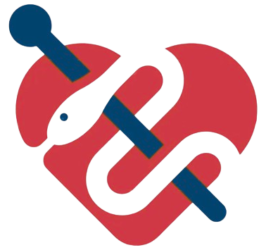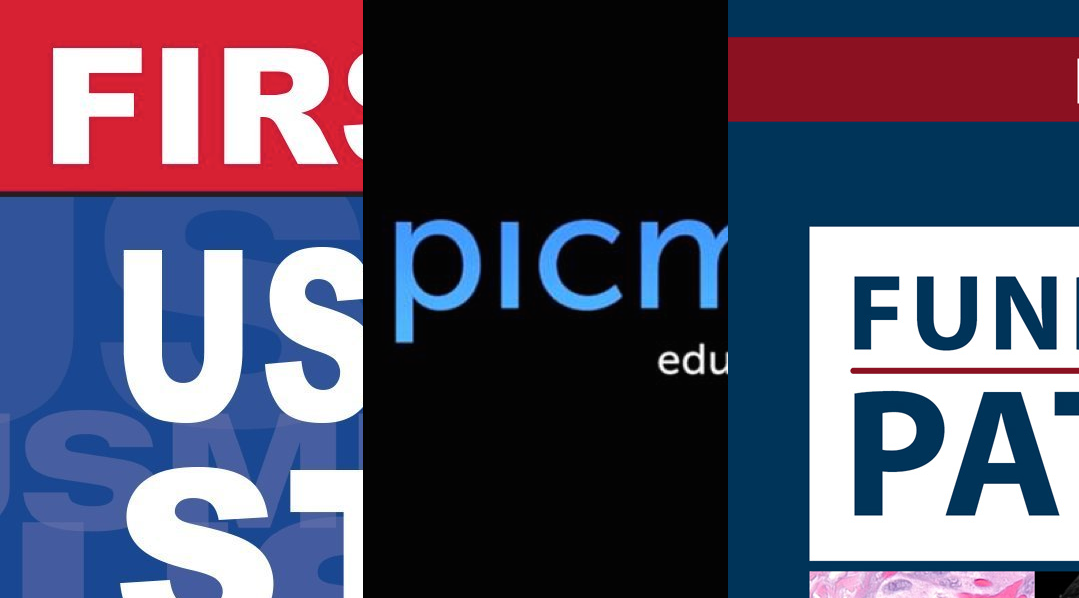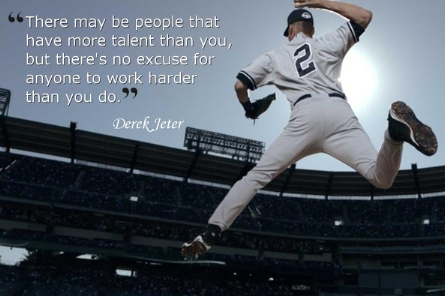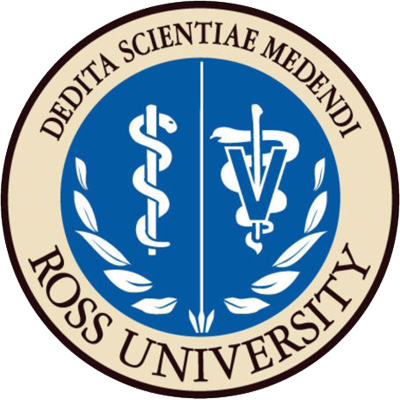I have completed countless dissections in the anatomy lab and have observed even more through videos provided by Ross University. Like any diligent student I have studied anatomy by creating my own drawings, mnemonics, notecards, and through the ever popular rote memorization. This semester as an anatomy TA I have been given the opportunity to teach first semester students the anatomy of the human body from head to toe. As the phrase ‘see one, do one, teach one’ suggests, my medical learning experience will finally come full circle. I’ve made it this far- how hard can teaching really be?
An experience I had with three first semester students in the gross anatomy lab in the beginning of my second semester made me realize how rewarding teaching is. In no time, I ran through the anatomy of the upper limbs and superficial back with them and quickly quizzed them on the brachial plexus. Not only was I amazed at how much material I had retained but I recognized that I was still learning, compounding new and old information, and making even stronger connections this time around. I loved being able to integrate the 2nd semester anatomy of the pelvis with the 1st semester anatomy of the lower limb. Being able to take the material I memorize and integrate it with the material I actually understand.
My favorite part, however, was how innate my understanding of the arteries of the body felt. It was like driving through a familiar town I hadn’t visited in a while. For instance, last weekend I visited Binghamton. When I drove through the city I lived in during my undergrad years it felt as if I had never left. The map of the city is engrained in my head. Even after major road construction, I could still contemplate the deviations and possible detours I could take to shorten my journey. Likewise, the twisting and often times confusing pathways of arteries of the human body is now engrained in my head. My understanding has become second nature as to how the arteries of the head and upper limbs branch from the arch of the aorta before it becomes the abdominal aorta and continues down to give rise to major branches like the celiac trunk, superior mesenteric and inferior mesenteric arteries. How the splitting of the abdominal aorta gives rise to all the major arteries of the lower limb. These arteries are a roadmap to the human body and I don’t have to stop for directions.
Besides improving my own understanding of the body, it was rewarding to help others improve theirs. It always amazes me when I see the material a student in the semester above me is studying. The work always seems infinitely harder, more complex, and something that I’ll surely never be able to understand…at least until I start chipping away at it. I’ve come to find that the most challenging part of studying is similar to the most challenging part of running- the first step. It’s easy to become overwhelmed with the vast quantity of material I need to cover or how far I plan to run. It’s what makes studying for a final exam that much more daunting. But by simply taking that first step, studying becomes a smoother and less stressful experience. And that’s what the best TAs did for me. They gave me a gentle push in the right direction. A spark to ignite my engines. Momentum to overcome inertia.
However, the best TAs weren’t always the smartest ones. Well, maybe they were. I never really stopped to survey them about their grades. The best TAs would always exhibit the same qualities that my favorite middle and high school teachers and undergraduate and medical school professors have exhibited over the years. They were able to take an innate understanding of a complex concept and simplify it so that someone with a rudimentary understanding could grasp the material at hand. Furthermore, they did so in an entertaining and engaging way utilizing clear and concise language that made the material relevant to me. Don’t just tell me that melanocytes are found in the stratum basale of the dermis. Tell me how the melanin of fair-skinned gingers like myself is both produced in smaller quantities and is also degraded more quickly than dark-skinned individuals.
Using relevant examples and clear language in teaching is a simple enough concept but I recall as an undergraduate physics lab TA when it was far from second nature. I remember how unprepared I was. How I fumbled over my words. How difficult it became to describe velocity and sound equations to my peers who didn’t have the same understanding of the material as I did. I wasn’t the best physics TA to say the least but I learned a lot from that experience like the importance of communication in teaching. This brief but captivating 5 minute TED talk illustrates three key points to good communication between scientists and the public. Whether you are a TA or a tutor or just helping a friend with a concept they have trouble with, these three quick and easy communication tips can help anyone improve his or her teaching skills:
First, as Melissa Marshall from the Department of Communication Arts & Sciences at Penn State explains, “When you’re describing your science, beware of jargon. Jargon is a barrier to our understanding of your ideas. Sure, you can say “spatial and temporal”, but why not just say “space and time,” which is so much more accessible to us?” Likewise, the Latin or Greek name for structures often confuse students. Sure, you can use the term ‘profunda brachii’, but you could rather explain how it translates to ‘deep artery of the arm’, thereby making it more relatable [1].
Second, “tell us why your science is relevant to us. Don’t jus tell me that you study trabeculae, but tell me that you study trabeculae, which is the mesh-like structure of our bones because it’s important to understanding and treating osteoporosis. [1]”
Lastly, “a slide like this, shown below on the left, is not only boring, but it relies too much on the language area of our brain, and causes us to become overwhelmed. Instead, the slide on the right, an example by Genevieve Brown is much more effective. It’s showing that the special structure of trabeculae are so strong that they actually inspired the unique design of the Eiffel Tower. And the trick here is to use a single, readable sentence that…students…can key into if they get a bit lost, and then provide visuals which appeal to our other senses and create a deeper sense of understanding of what’s being described.[1]”

Ultimately, communication skills are one of the many talents that an individual must master to become an effective teacher. Teaching is an art and quite possibly one of the most difficult arts to master because, as John Steinbeck wrote, “the medium is the human mind and spirit’.
Teaching is similar to other forms of the arts like painting, writing, or playing a musical instrument in that it can be learned. We rely too heavily on ‘the naturals’- people who have innate abilities to teach. Part of the problem is that we rarely teach individuals how to teach. For instance, I have a friend who understands our lecture material far better than anyone I know. He has stellar grades and can easily provide me an answer to almost all the questions I ask him, except he can’t convey his thought process to me. He might understand the material but I can’t understand him. In the end, teachers, tutors, and TAs must work to improve their own teaching skills with assistance from their universities to communicate material more clearly and improve their students’ understanding of lecture material.
1- Melissa Marshall: Talk Nerdy to Me. By Melissa Marshall. Perf. Melissa Marshal. TED: Ideas worth Spreading. N.p., Oct. 2012. Web. 05 May 2013.








